
5 Signs of Kidney Failure That You Should Never Ignore – Bad Breath Even After Brushing Could Be One
Your kidneys are two of the most important organs in your body, quietly working every day to filter waste, balance fluids, and regulate blood pressure. But when your kidneys begin to fail, they rarely shout for attention — instead, they whisper through subtle symptoms that are easy to overlook. Ignoring these signs can lead to chronic kidney failure, where dialysis becomes a lifelong necessity. One surprisingly common symptom? Bad breath that doesn’t go away, even after brushing.
Here are 5 early signs of kidney failure that you must not ignore if you want to protect your long-term health:
1. Persistent Bad Breath and Metallic Taste
If you’ve brushed your teeth, rinsed with mouthwash, and still notice a foul or ammonia-like smell in your breath, your kidneys might be trying to warn you. When the kidneys aren’t functioning properly, waste and toxins begin to build up in the blood — a condition known as uremia. This can cause your breath to smell like urine or metal. Additionally, you may notice a metallic taste in your mouth or find that food tastes different or unpleasant. These are often early signs of declining kidney function.
2. Swelling in the Ankles, Feet, or Face
Healthy kidneys remove excess fluid from the body. When they begin to fail, fluid starts to accumulate, leading to noticeable swelling (edema) — often in the ankles, feet, legs, or even around the eyes and face. If you press the swollen area and it leaves a dent, it’s called "pitting edema," and it’s a sign that your body is retaining water — a red flag for kidney issues.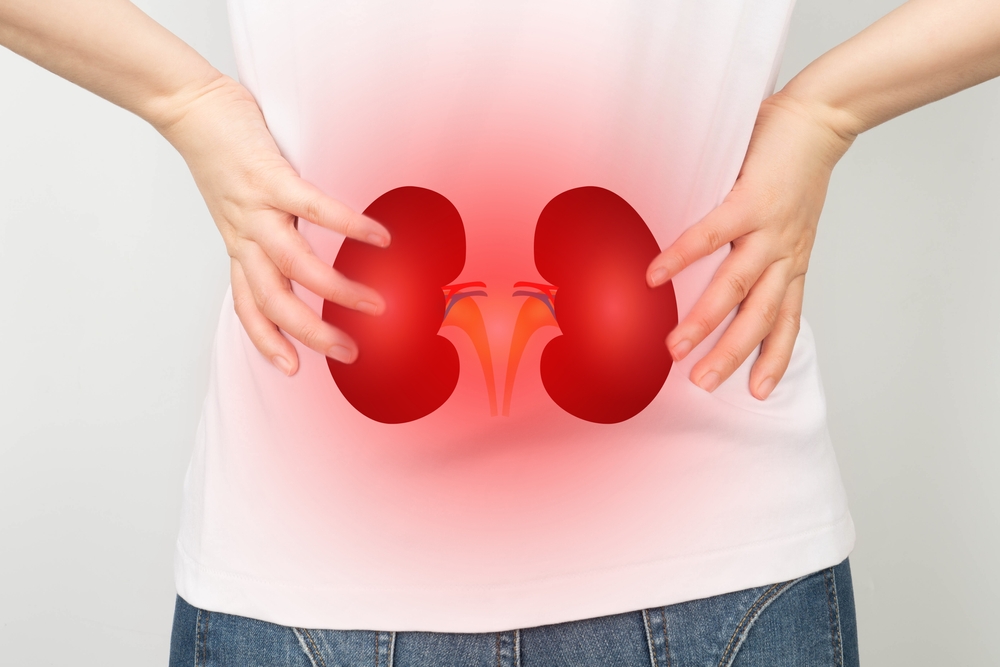
3. Urinating More or Less Than Usual
Kidney function is directly related to urine production. Frequent urination, especially at night, may be one of the earliest signs that your kidneys are struggling. On the other hand, producing less urine, having foamy or bloody urine, or experiencing pain or pressure while urinating can all indicate something is wrong. Foamy urine, in particular, suggests that there’s protein leaking into your urine — a classic symptom of kidney damage.
4. Constant Fatigue and Trouble Concentrating
Kidneys also help produce a hormone called erythropoietin, which tells your body to make red blood cells. When kidney function drops, you may develop anemia, leading to chronic tiredness, muscle weakness, and difficulty focusing. If you find yourself constantly exhausted, even after a full night's sleep, or struggling with concentration and memory, your kidneys might not be filtering your blood effectively.
5. Skin Itching and Dryness
When kidneys can't remove toxins effectively, waste builds up in your body and may cause persistent itching or dryness of the skin. This can be incredibly uncomfortable and often gets worse over time. You may also notice changes in skin color or texture. If no amount of moisturizer helps, and the itching is deep and relentless, kidney health should be considered as a possible cause.
Don’t Wait Until It’s Too Late
Kidney disease is often called the "silent killer" because symptoms usually appear only after significant damage has occurred. If you recognize any of these signs — especially in combination — see a doctor immediately. A simple blood test and urine test can detect kidney issues early and help you avoid long-term complications.
In severe cases, untreated kidney failure may require dialysis for life, or even a kidney transplant. But early detection and lifestyle changes, including managing blood pressure, diabetes, and diet, can slow or stop the progression of the disease.
Your body is always sending signals. Bad breath may seem minor, but it could be your kidneys begging for help. Listen closely — your health depends on it.
News in the same category

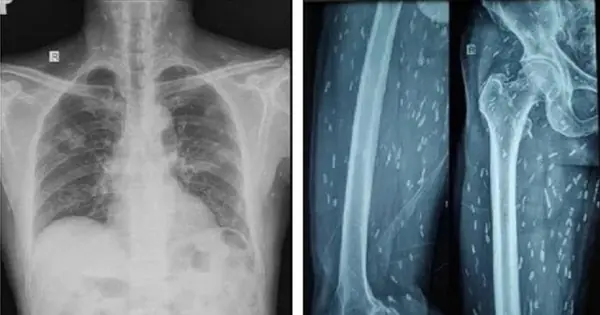
Rashes All Over the Body Because of a Favorite Dish Many Are Addicted To
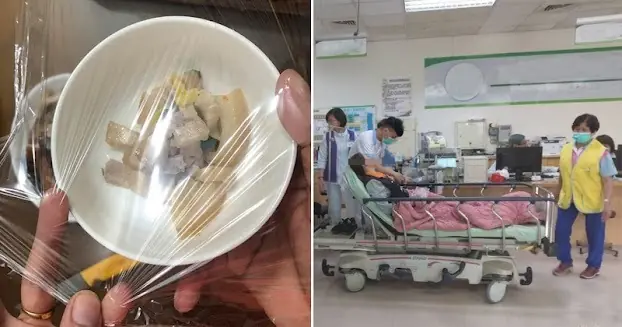
My Mother’s Silent Sacrifice: Saving Money by Cooking One Meal a Day
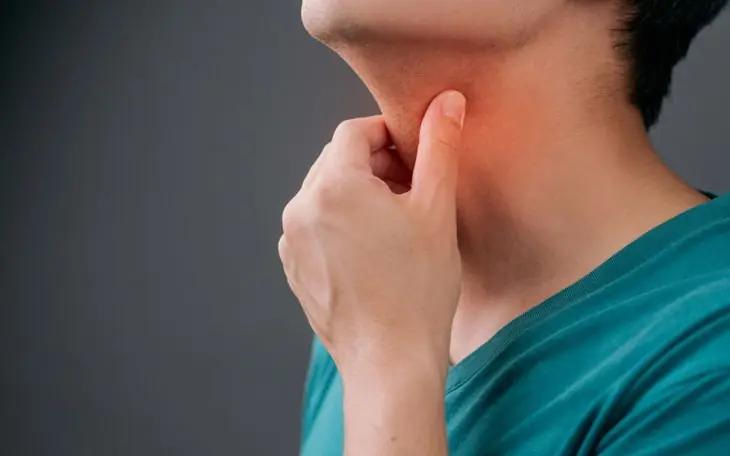
A 40-Year-Old Man Died from a Sore Throat After 7 Rounds of Chemotherapy – Doctors Urgently Warn: Throw Away These 2 Items from Your Fridge
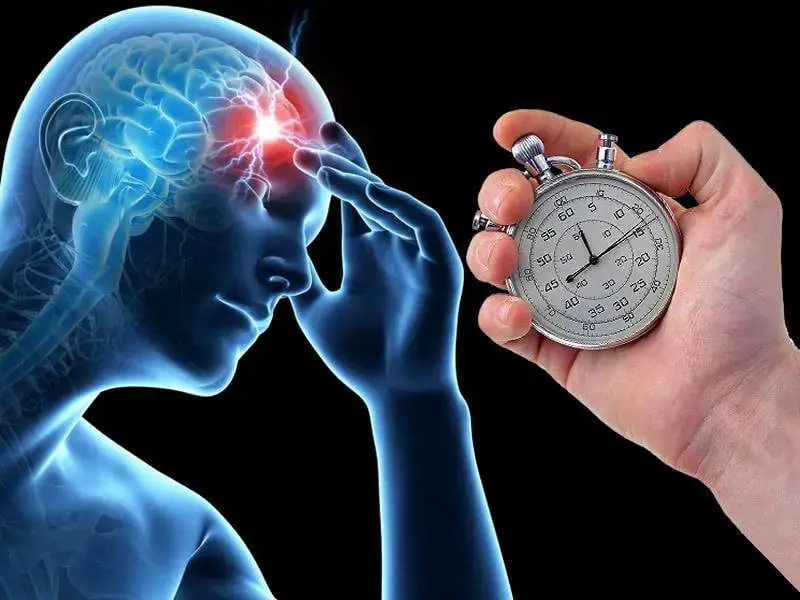
About 15 Minutes Before a Stroke, the Body Often Sends 4 Clear Warning Signs: Call for Help Immediately

9 Food Combinations That Can Become 'Toxic'—Some Even Classed as Group A Carcinogens: Doctors Advise Avoiding
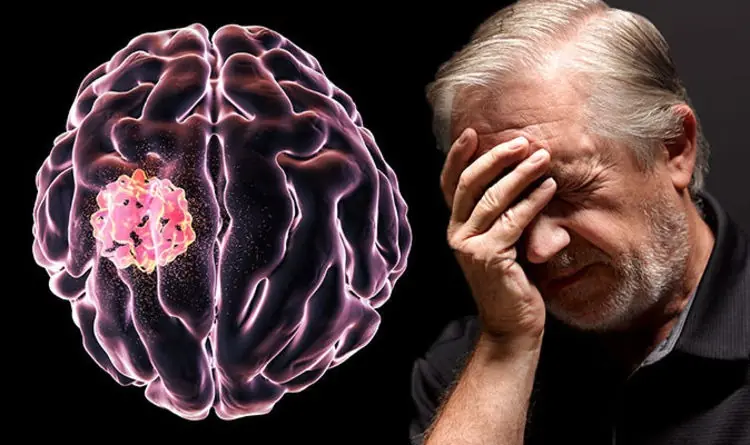
Age 40 Is a Critical Turning Point for Longevity: 4 Sleep-Related Signs That May Indicate Shorter Lifespan and Health Risks
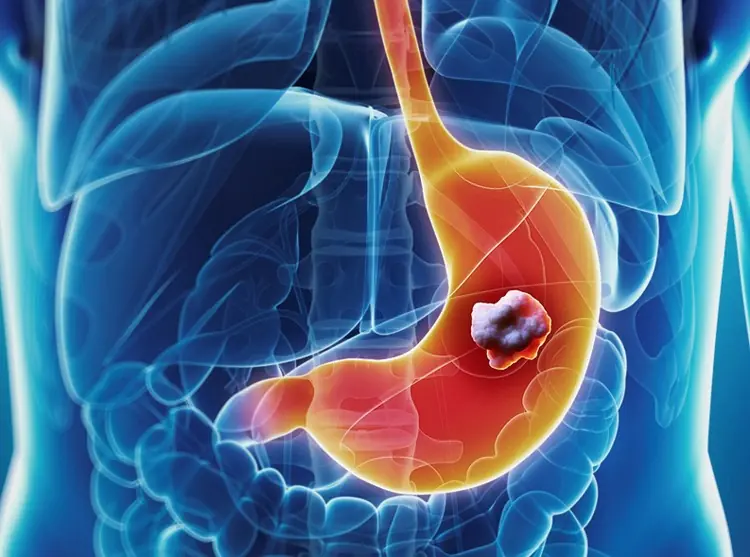
7 Early Signs of Stomach Cancer Everyone Should Know to Prevent Metastasis

🧠 How Your Brain Today Reflects Your Habits from Two Weeks Ago

💤 The Science of Dreaming: Why Do We Dream?

Too Much Salt May Lead to Depression, New Study Suggests
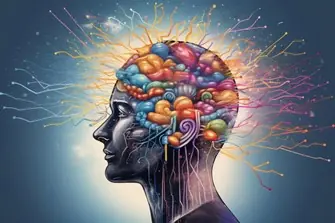
New Study Reveals: Memory May Be Stored in Cells Beyond the Brain
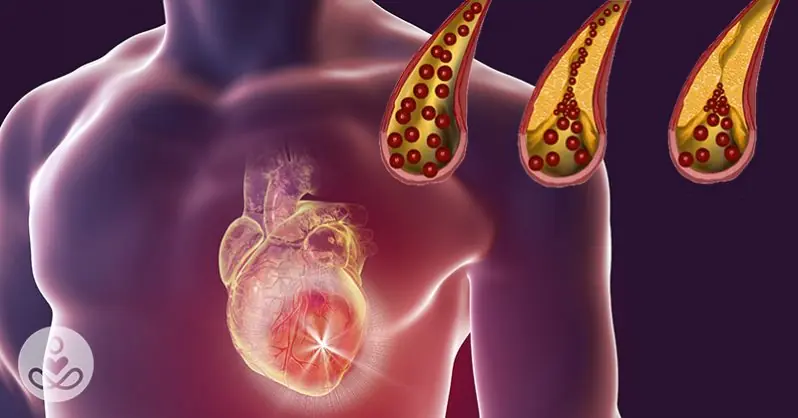
10 Foods You Should Eat Daily to Keep Your Arteries Clean

The Sleep Position That Could Be Quietly Damaging Your Health, According to Experts

Shocking Cancer Diagnosis at 44 Raises Alarms About a Popular Daily Sandwich Ingredient
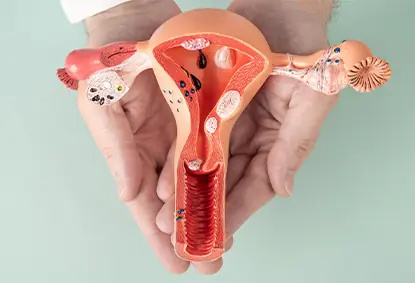
Understanding Uterine Fibroids: Causes, Symptoms, and Treatment Options
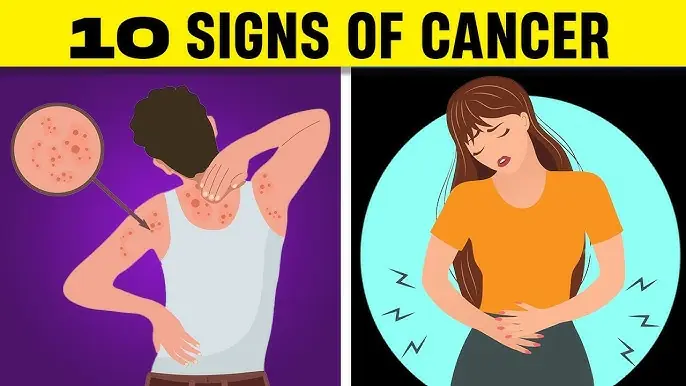
Is Your Body Trying to Tell You Something? 15 Early Signs of Cancer
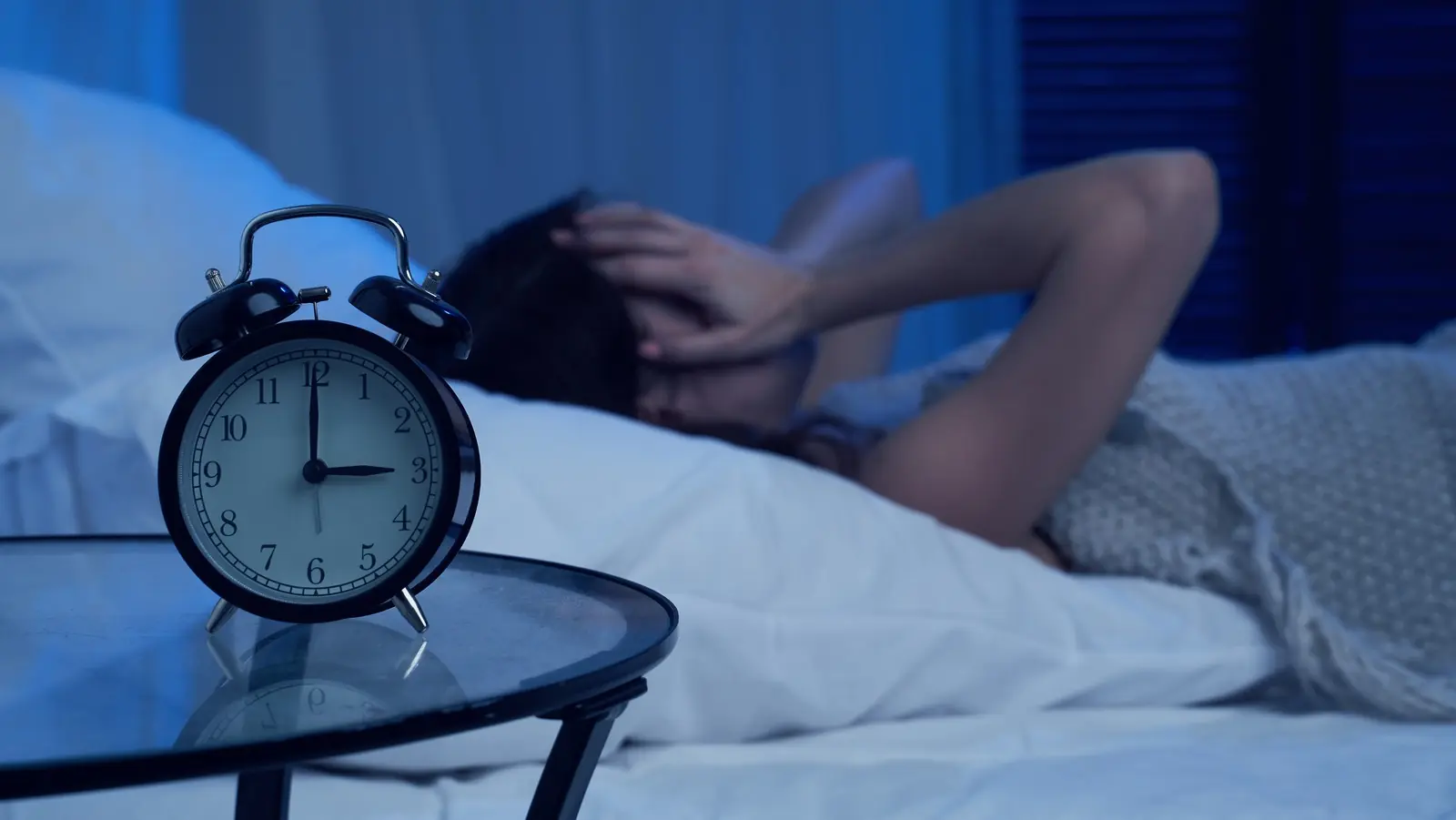
If You Suddenly Wake Up Between 3:07 and 3:15 AM, You Should Be Extra Cautious
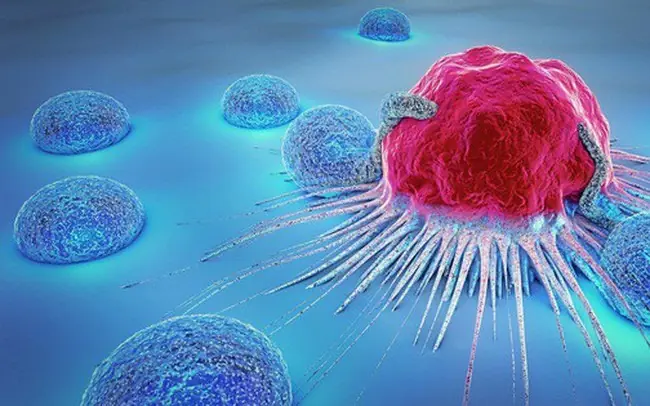
Discovery of a Drink That Helps “Push Back” Cancer: It's Not Tea or Coffee
News Post

17-Year-Old Girl Hospitalized with Kidney Failure: Doctors Warn Against 3 Common Habits Among Youth

Rashes All Over the Body Because of a Favorite Dish Many Are Addicted To

My Mother’s Silent Sacrifice: Saving Money by Cooking One Meal a Day

The terminally ill son of wealthy parents married a naive girl, and she took him off to a remote area. Six months later, his parents could hardly recognize their son
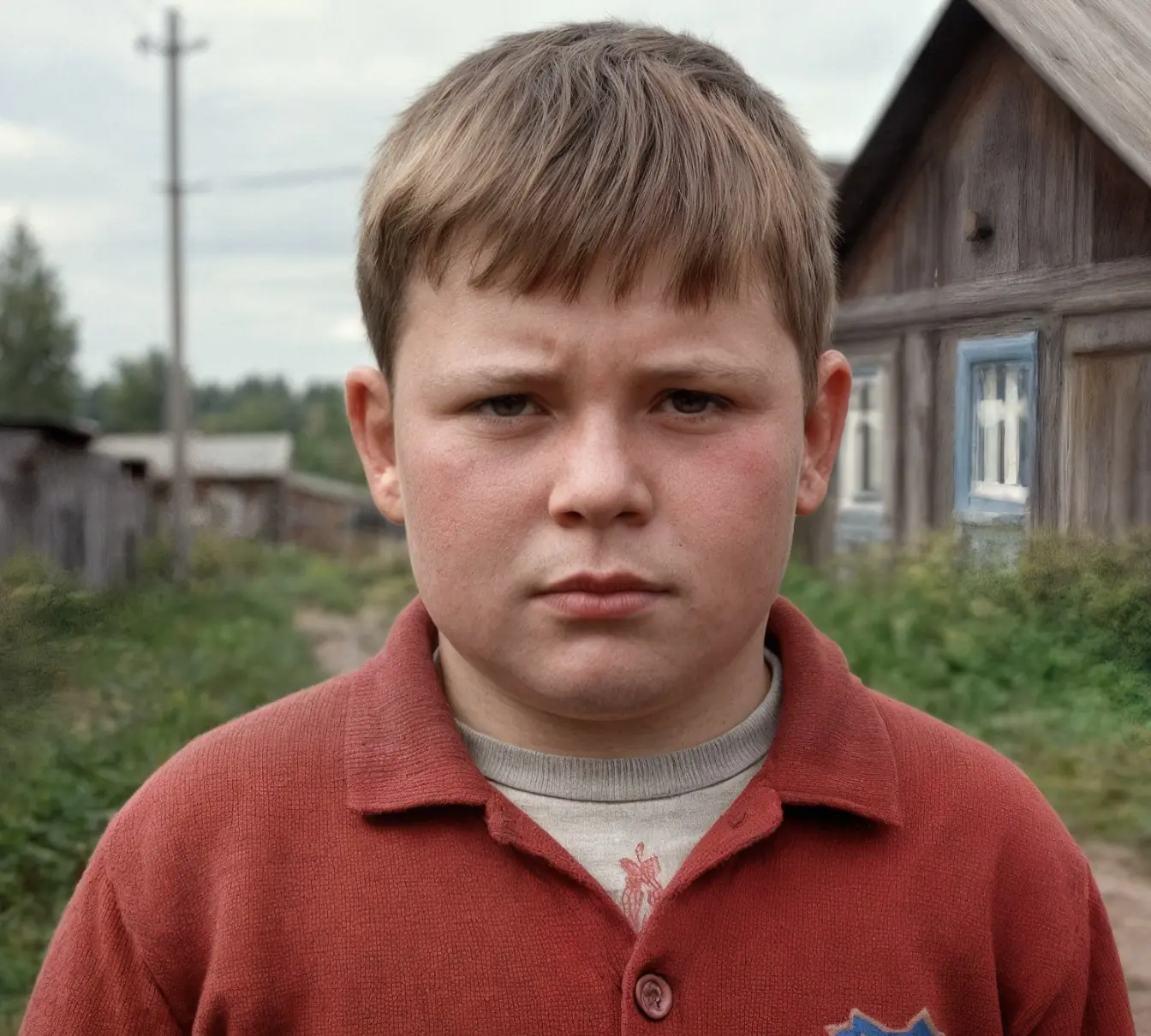
Senya was raised by his grandmother and mother. The boy was not spoiled at all – both his mother Tamara and grandmother Nina had such strong characters that even without a father and grandfather

The husband noticed how his wife quietly added something to his tea and carefully swapped the mugs

He saved the old woman from death and took her to the hospital, but at that moment he still did not know what would happen next…

What do you mean, you won’t give money?! Do you understand what the consequences will be?

Remove Facial Wrinkles Naturally at Home with Banana and Tomato

The Miracle Tree: 10 Science-Backed Benefits of Moringa and How to Use It

How to Remove Skin Tags on Your Face Naturally with Banana Peel and Other Safe Remedies

16 Powerful Benefits of Soursop Leaf Tea (Without Losing Its Nutritional Value) Doctors Never Say

No, dear mother-in-law, I bought this apartment before the marriage, so pack your things,” I made it clear that her behavior was unacceptable to me.

The wife had been silent for a year, hosting her husband’s relatives in their home, until one evening, she finally put the bold family members in their place.

My mother-in-law discovered two children in an abandoned well, brought them to me, and entrusted me with their upbringing. I raised them as my own.

After the death of her mother-in-law, Valya arrived at the notary office where the reading of the will was to take place.

The hungry girl asked the baker for a slice of bread, but she didn’t eat it. The baker was surprised when he found out why.

A 40-Year-Old Man Died from a Sore Throat After 7 Rounds of Chemotherapy – Doctors Urgently Warn: Throw Away These 2 Items from Your Fridge
